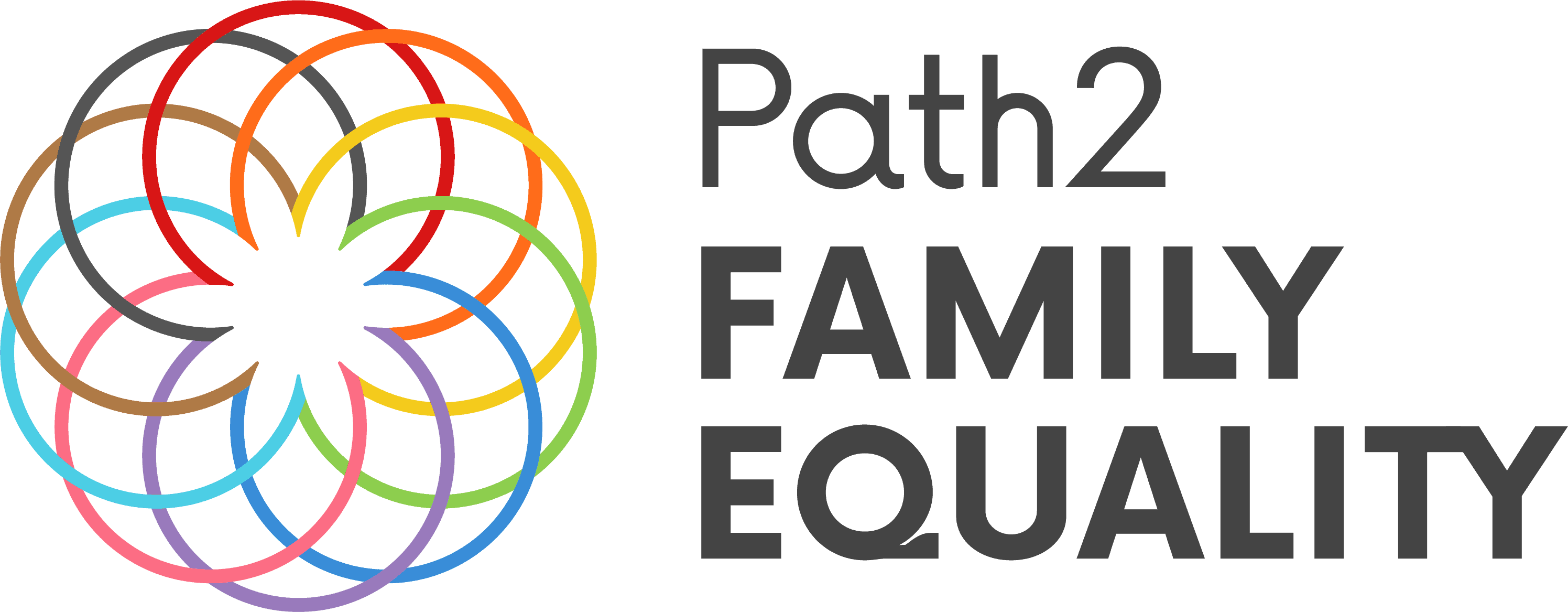LGBTQ+ Parents
In the wake of Dobbs and a flurry of anti-LGBTQ+ legislation across the country, many have asked us what steps they can take to protect their families.
We have compiled here the most urgent and common questions in collaboration with our friends at COLAGE, GLAD, and NCLR. For answers or advice about your specific state or situation, you will need to contact a local attorney with expertise working with LGBTQ+ people. So, we’ve included resources for finding and engaging a lawyer.
Check out the Post Dobbs Toolkit for more information.

